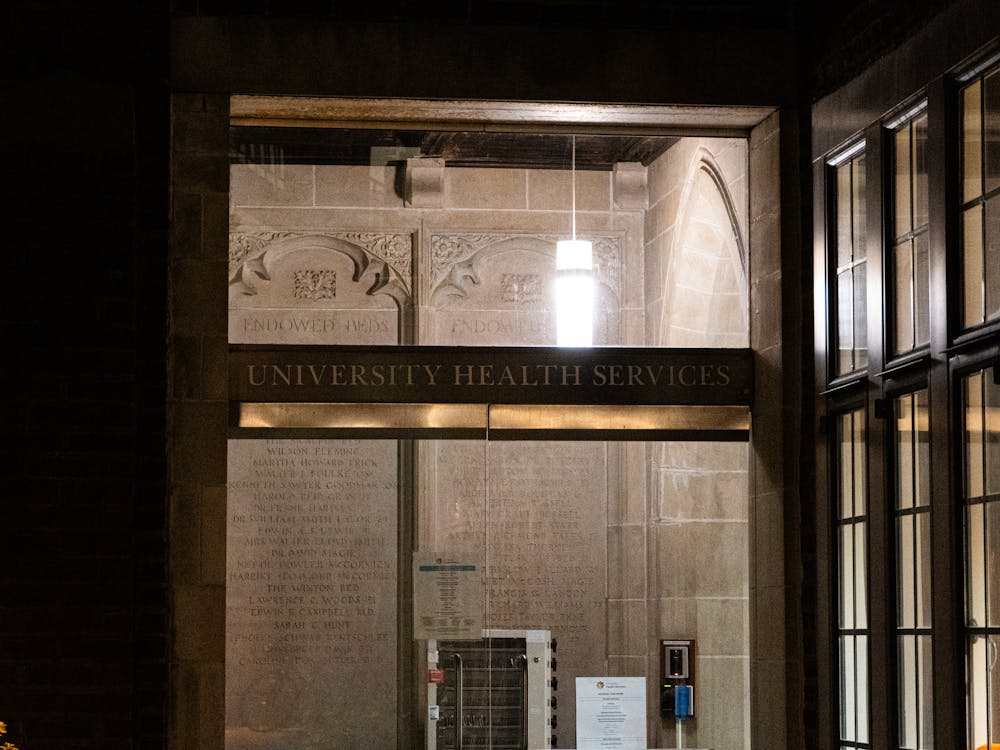Members of the Princeton Citizen Scientists find the lack of American lawmakers with science backgrounds shocking, so on May 1, the group traveled to Washington, D.C., to advocate for evidence-based policymaking and met with 22 legislators or their staffers.
Krupa Jani GS, an organizer for the trip, said she hopes engaging with representatives will “lower the activation barrier for scientists to get involved in policy.”
Eighteen graduate students, undergraduate students, and postdocs traveled as part of PCS, an organization of graduate students studying physical sciences, engineering, and social sciences dedicated to supporting the public’s access to scientific knowledge with the goal of promoting a better-informed democracy. Conceived as a follow-up to PCS’s March 6 Day of Action, a campus-wide day of teach-ins, town halls, and tabling led by faculty, students, and alumni, the trip furthered the group’s goal of promoting the use of knowledge for the common good.
PCS members said they had two goals for their trip: to help train the next generation of University scientists to understand and affect policy, and to advocate for policies that benefit research communities.
In the weeks leading up to the trip, they split into teams of three to five people focusing on policy issues like science funding, climate change, and immigration. PCS supports immigration rights because they believe it facilitates the flow of scholars and information across borders. In addition to conducting research, each person on the team called their U.S. Representative to set up a meeting.
While in the capitol, the teams met with legislators or their staffers, including both senators from New Jersey and members of both parties, in order to provide expert opinions on scientific issues while humanizing their cause. One of the organizers of the trip, Christopher Tokita GS, said that the meetings were friendly and that the policymakers they spoke with were receptive. Tokita attributed this geniality to the omnibus spending bill, which was passed the night before and increased scientific funding for most agencies.
For many of the participants, this trip was their first direct interaction with their representative, demonstrating how important PCS is in increasing scientific engagement in politics,Tokita said.
Charles Copeland ’19, one of three undergraduate students who went on the trip, said that undergraduates can support evidenced-based policymaking by contacting their representatives.
“I came away motivated,” Copeland said.
The group also met with the American Association for the Advancement of Science, an international non-profit whose mission statement closely resembles PSC’s, to learn about their policy, engagement, and science writing programs. Significantly, the AAAS also has policy fellowships for scientists, an avenue Jani said was important for her fellow scientists to be aware of.









